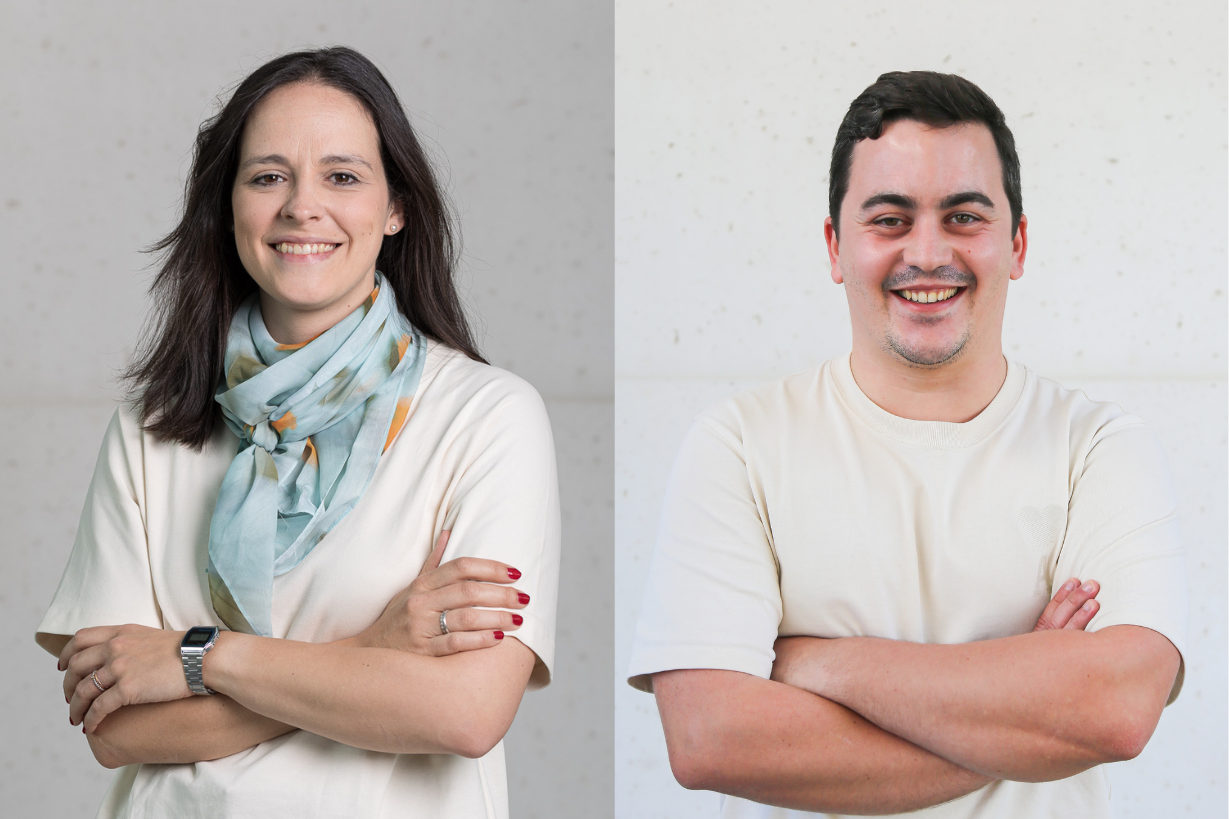A new international study, with contribution by a team from the Life and Health Sciences Research Institute at the School of Medicine of the University of Minho has found how increasing the levels of a natural brain molecule, known as NAD⁺, can restore memory in animal models of Alzheimer’s disease.
The new research, “NAD⁺ reverses Alzheimer’s neurological deficits via regulating differential alternative RNA splicing of EVA1C,” published in Science Advances, describes a novel mechanism by which NAD⁺ corrects RNA processing errors associated with neurodegeneration.
The investigation was coordinated by Associate Professor Evandro Fei Fang, from the University of Oslo, Norway, in collaboration with the assistant researcher Joana M. Silva, from ICVS, University of Minho, Portugal, and Professor Oscar Junhong Luo, from Jinan University, China. ICVS’s Carlos Campos Marques is one of the first authors of the study, whereas other contributors from the institution include Rita Nóbrega Martins and Beatriz Barros Santos.

Joana M. Silva and Carlos Campos Marques
ICVS researchers contributed to uncover how NAD⁺ regulates RNA splicing mechanisms and neuronal resilience in Alzheimer’s disease, helping to bridge molecular findings with potential therapeutic implications.
“Our findings show that restoring NAD⁺ levels can correct fundamental RNA errors and protect neuronal function, opening new paths for Alzheimer’s therapy,” says Assistant Researcher Joana M. Silva, corresponding author and ICVS researcher.
This international study, which also included scientists from Norway, China, the UK, Japan, Greece, and Spain, underlines the power of international collaboration in the search for new treatments against neurodegenerative diseases like Alzheimer’s.











